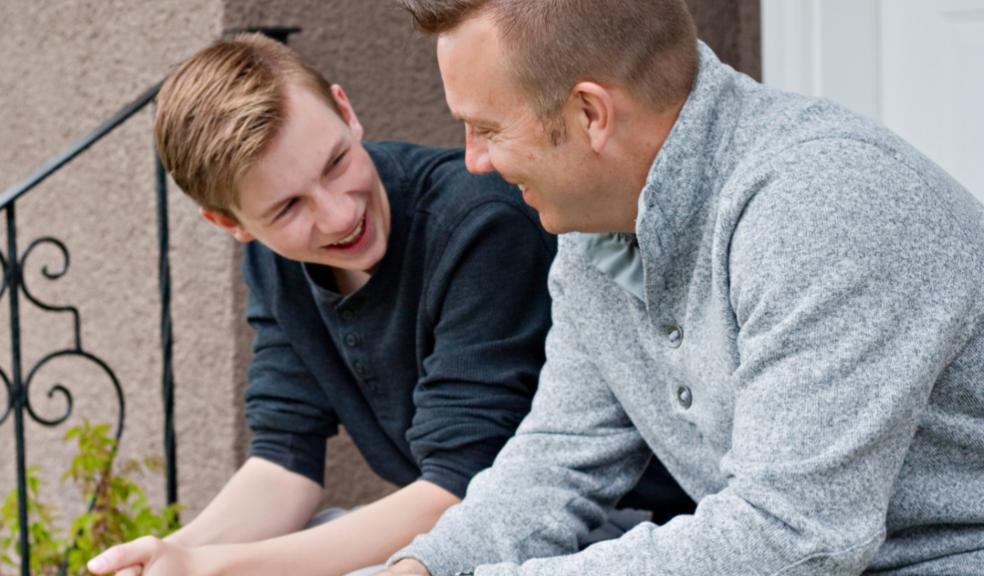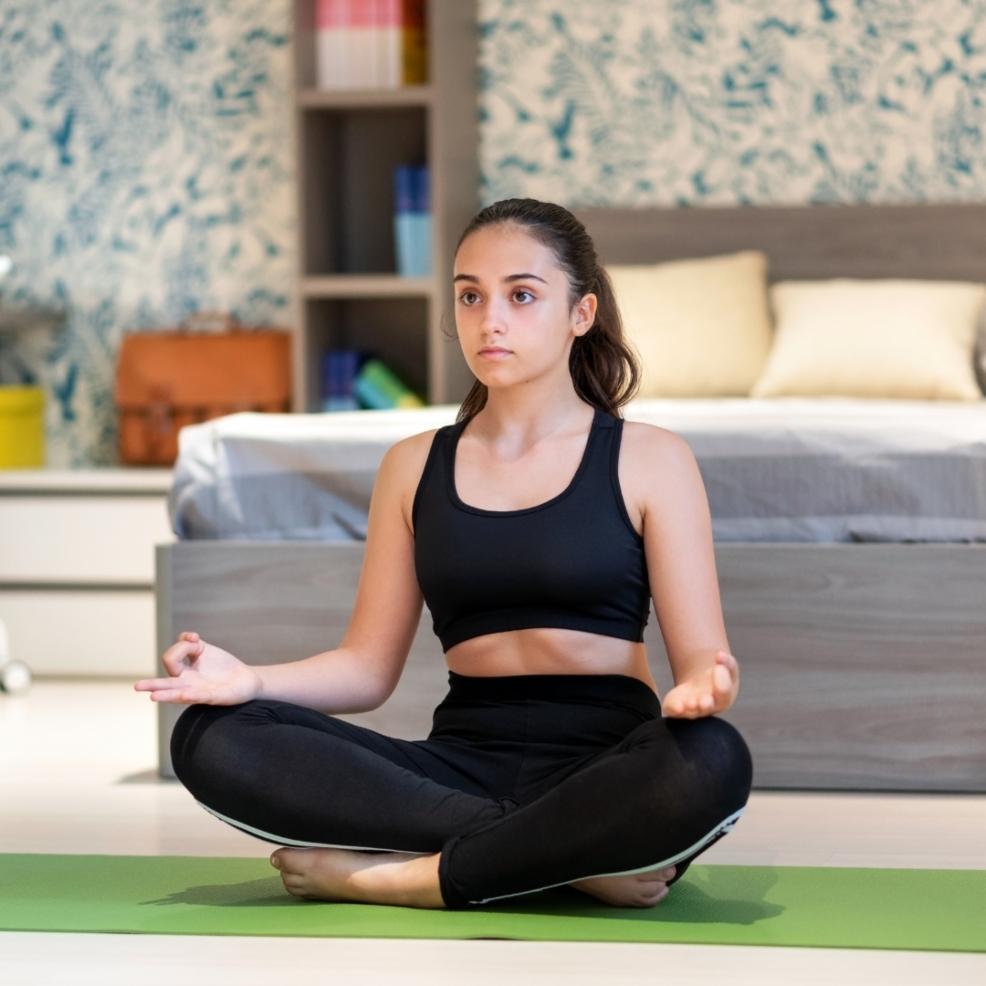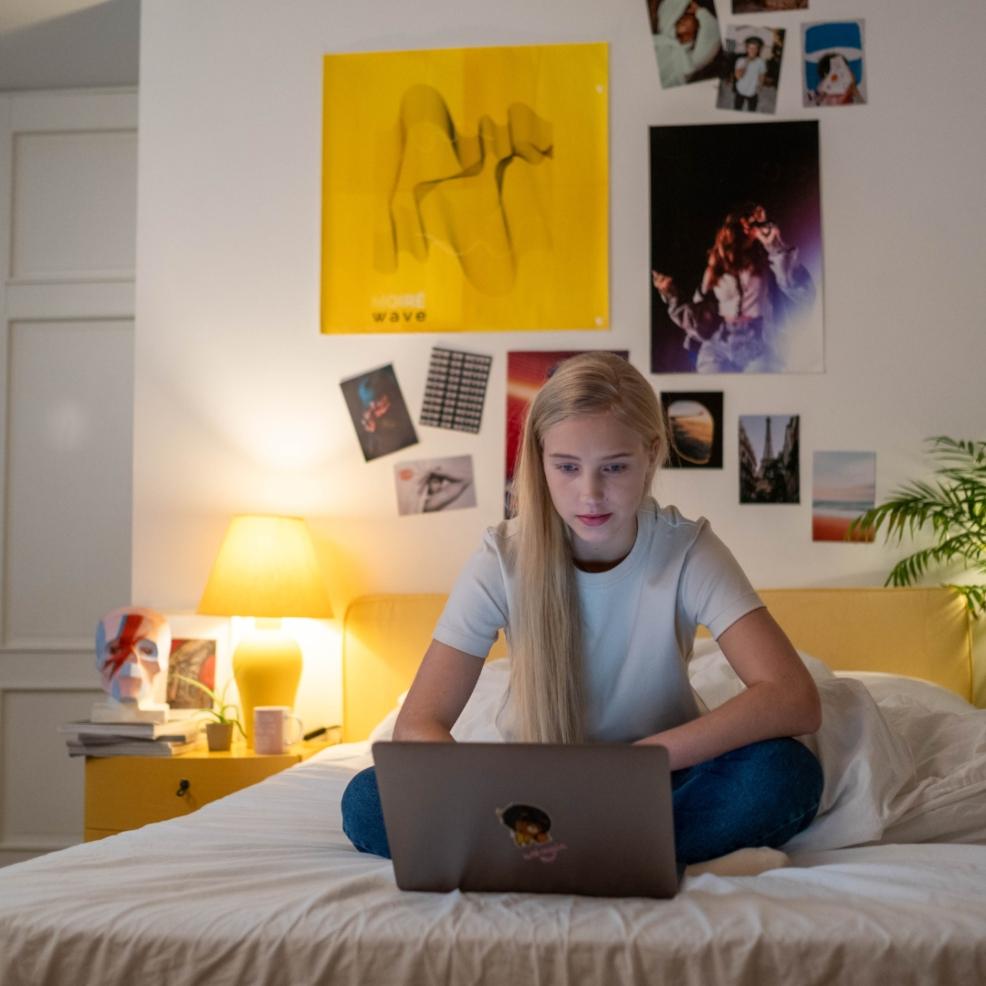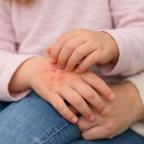
Empowering Parents: A Guide to Supporting Your Teen's Mental Health
A third of under-18s have clinical symptoms of anxiety/depression. In today's article, we have an expert view on how to handle back-to-school stresses
Research by Wysa reveals that more than 8 in 10 teenagers are experiencing mental health worries, with 1 in 3 needing professional support, according to standard screening. But most worryingly, young people aren’t getting the help that they need. More than half (55%) who scored 3 or more on Generalized Anxiety Disorder-2 and Patient Health Questionnaire-2 screening questionnaires for anxiety and depression haven’t spoken to a relevant professional about it. Given that 7 in 10 (69%) young people said that they are very worried about school work and exams, what can parents do to help their young people this September?
Emma Taylor, Child and Adolescent Mental Health Services Lead at Wysa, a leading AI mental health app that is clinically proven to reduce anxiety and depression shares her top tips.
Establish a routine
Help young people and teenagers create a structured daily routine that includes time for schoolwork, hobbies, exercise and physical activity, relaxation and seeing their friends. A consistent routine can provide a sense of stability and security, which is important for well-being as it can reduce anxiety.
Sleep and sleep
Our work with schools in Scotland shows that one of the biggest stresses felt by 7 in 10 young people is sleep. Either a lack of sleep is making them anxious and stressed, or stress, worry and anxiety are stopping them sleep. Encourage young people to get a good night’s sleep by having a good routine, having downtime before bed, and keeping busy during the day so that they get physically tired. Remind them that being well rested gives them the energy to do the great things they want to - sleep is cool.
Teach stress management techniques
One great way to relieve anxiety and stress is through grounding via meditation and mindfulness. Help young people and teenagers learn various stress management techniques, such as deep breathing exercises, mindfulness meditation, progressive muscle relaxation, or journaling. These techniques can provide them with effective tools to cope with stress and anxiety.
Meet them where they are
Young people use their phones all the time. The Wysa Youth Report showed if teenagers had a free mental health app that you could talk to about their worries in confidence 78% would choose the app over a teacher. 3 in 10 say that they go to TikTok for support with mental health. Wysa is available to young people aged 13+, with tailored and personalised support that is works for teenagers.
Encourage open communication
Create an environment where young people feel comfortable expressing their feelings and concerns. Encourage them to talk about their experiences, anxieties, and challenges related to going back to school. Don’t dismiss their worries, but use active listening where you paraphrase what they have said so that they feel heard.
Don’t make it all about academic performance
Raising the next generation is about supporting them to become well-rounded individuals. Encourage them to do their homework and focus on school, but don’t make it all about getting top grades. In fact, too much pressure can make younger people more anxious and stressed, resulting in a performance decline.
Promote healthy lifestyle habits
Emphasise the importance of maintaining a balanced lifestyle such as regular exercise, a nutritious diet, and sufficient sleep. These lifestyle factors play a crucial role in managing mental health and overall well-being. Cook with them and make tasty snacks that are easy to grab on the go.
Encourage social connections
Support young people in fostering positive social relationships with their friends, and help them meet new people. Encourage them to participate in activities that interest them, join clubs or sports teams, or engage in community events. Social connections provide support and a sense of belonging and can boost confidence.
Teach problem-solving skills
Help young people develop problem-solving skills to address challenges they may encounter at school. Encourage them to break down problems into manageable steps, brainstorm solutions, and consider the potential outcomes of their decisions. Problem-solving is one of the skills that CBT teaches, using critical thinking.
Wysa is being used by young people in West London via Hammersmith, West London & Fulham Mind, is available to students in Edinburgh schools, and is being rolled out in regions across the country.
Top stresses for 13-17 year-olds according to independent research
- School work and exams - 69%
- Your future - 66%
- The way you look - 56%
- What people think of you - 52%
- Your money - 50%
- Your parents health - 50%
- Your parents money - 48%
- Friendships - 41%
- Your health - 41%
- War - 33%
- Your parents not getting on well - 32%
- Your safety - 32%
- Relationships - boyfriends/girlfriends - 31%
- Climate change or environment - 30%
The full report can be downloaded at www.wysa.com/uk-youth-report
Case study
Koda, 17, is a student who uses Wysa and he says: “I found out about Wysa through a friend when I was feeling very depressed and suicidal. I truly believed that there was no hope for me. I started to use the app and having the 24/7 support, no matter where I was or what time it is, has been the best thing. I can just pull out my phone and talk through any problems I might be having at the time, like a panic attack. Every time I finish a session with Wysa, I feel more relaxed and ready for the day. I like knowing that I’m not going to be judged or feel like a burden when talking to Wysa. It’s a safe outlet for me when life is getting too tough to handle. There is always something available to help me and it has done a great job at getting me out of my depression. I’ve started to be more active and productive and my overall mood has been a lot better.”

















